by Marc Pierini
Only a few weeks ago, the al-Assad regime seemed in danger of losing the swath of land from Latakia to Damascus to the assaults of the Islamic State of Iraq and the…
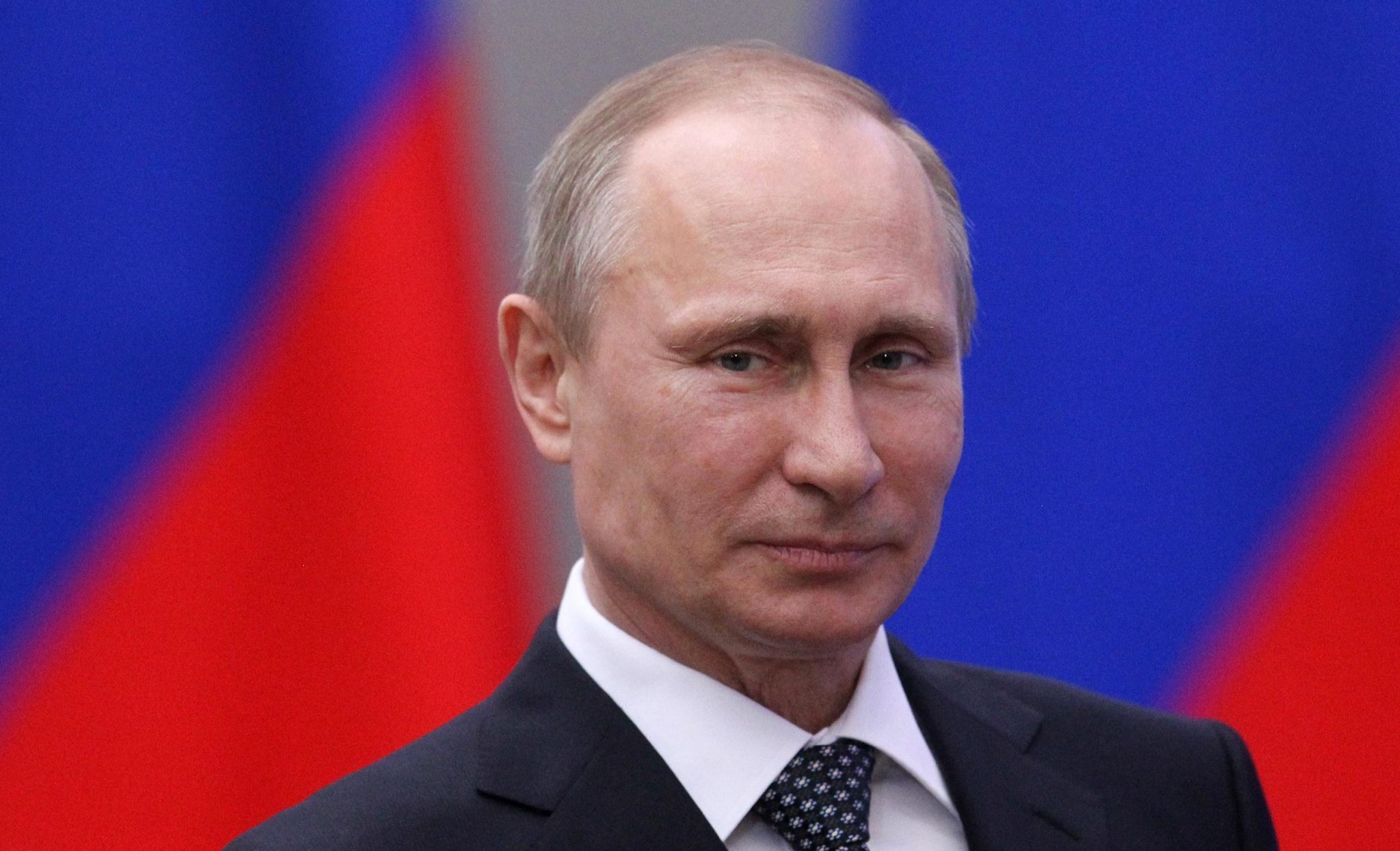




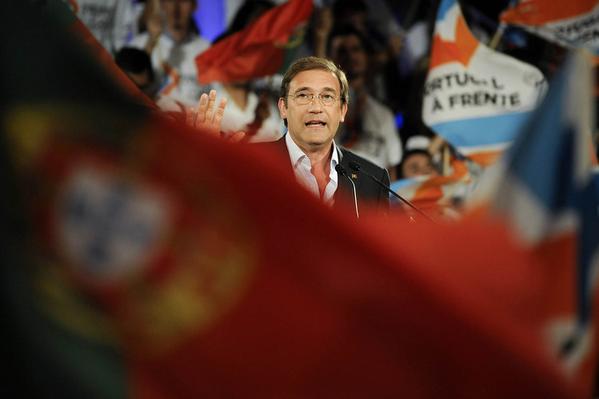

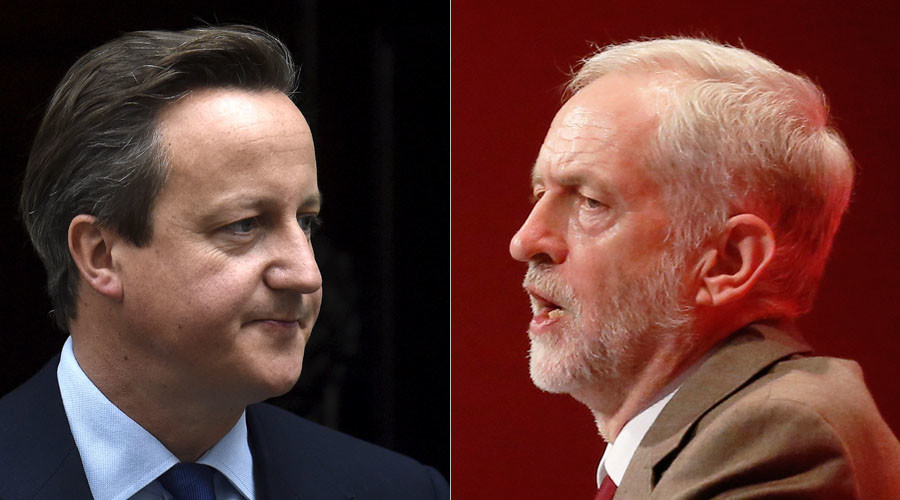

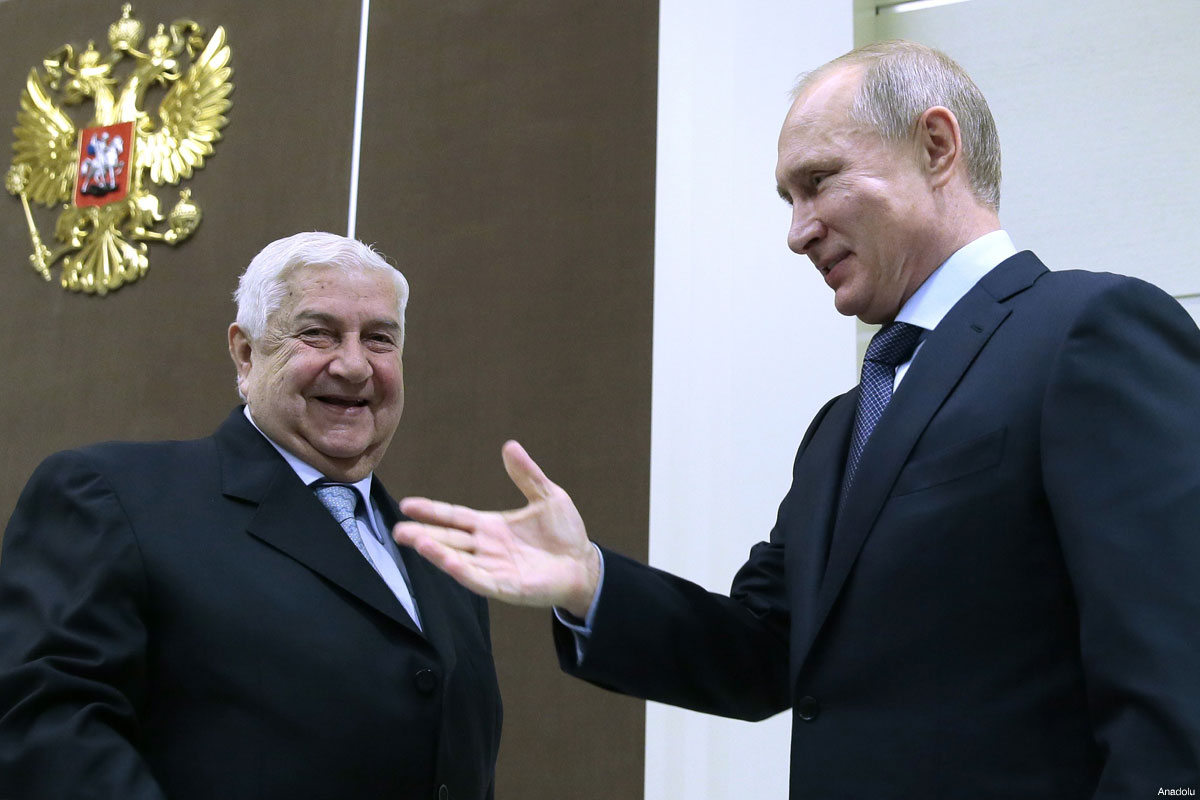
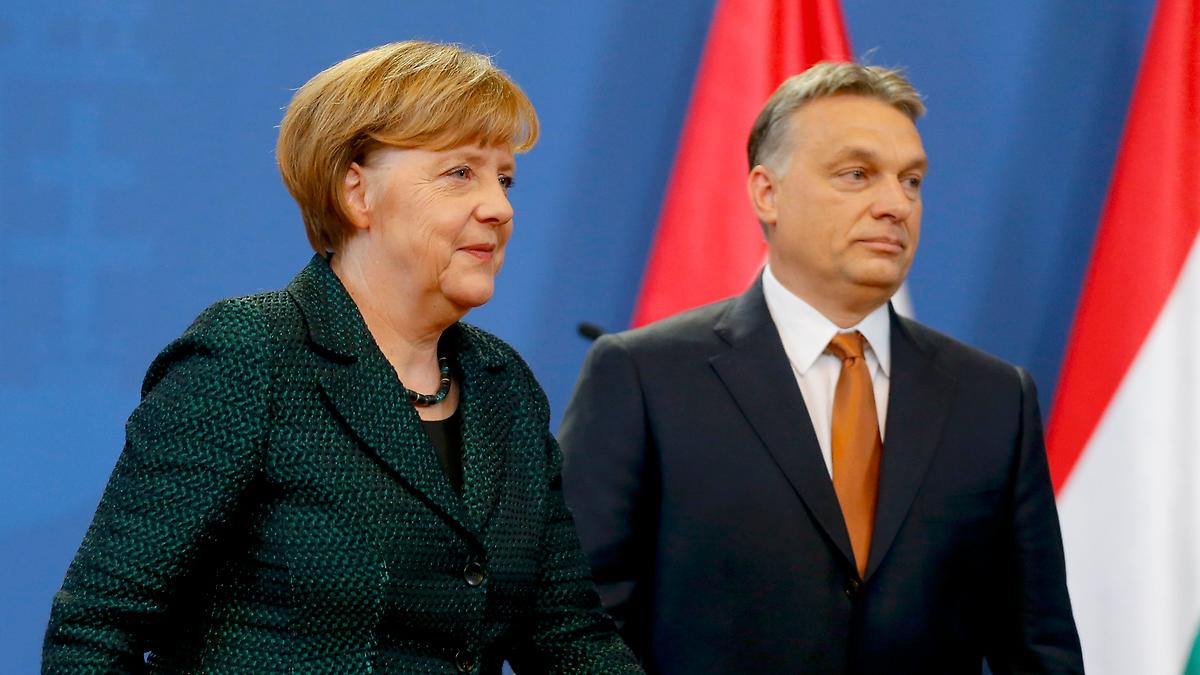
This website uses cookies. By continuing to use this site, you accept our use of cookies. Learn more